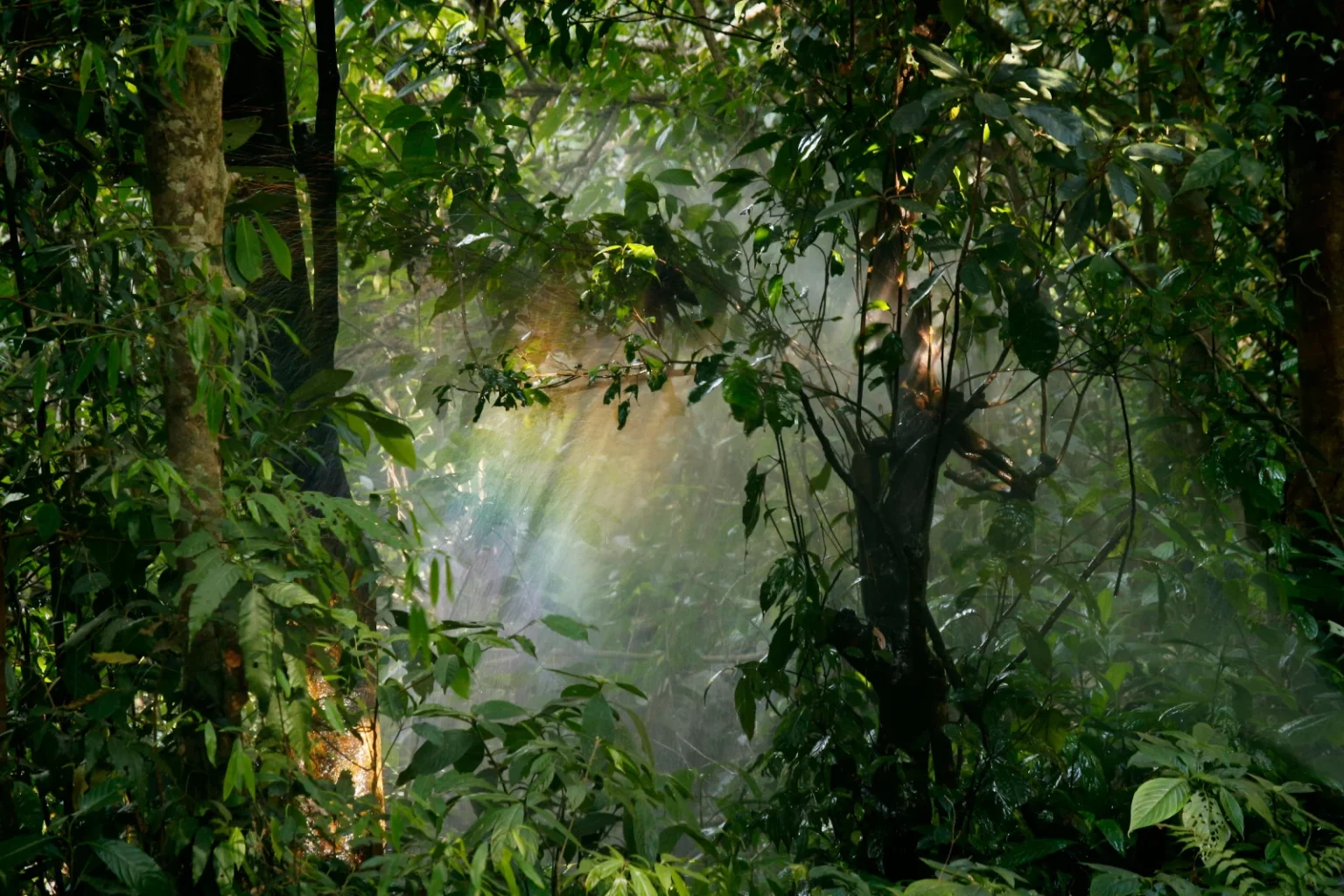The Integrity Council for the Voluntary Carbon Market (ICVCM) has announced the approval of three methodologies aimed at generating high-integrity carbon credits for reducing emissions from deforestation and forest degradation. These methodologies are crucial for achieving global climate goals and ensuring forest protection in developing countries. The approved methodologies are:
- The REDD+ Environmental Excellence Standard (ART-TREES) v2.0
- VCS (Voluntary Carbon Standard) VM0048: Reducing Emissions from Deforestation and Forest Degradation
- VCS Jurisdictional and Nested REDD+ (JNR) Framework v4.1
This decision is a significant milestone in the voluntary carbon market, as it paves the way for the issuance of carbon credits that meet the Integrity Council’s Core Carbon Principles (CCPs), ensuring the highest levels of environmental integrity. These credits, once issued, will carry the CCP label starting in early 2025, offering a clear indication of their quality and reliability for investors and stakeholders.
Currently, no credits have been issued under these approved methodologies, but there is a substantial volume in the pipeline. Under the ART-TREES methodology, nine jurisdictions are poised to issue up to 123 million credits. Similarly, 21 projects under the VM0048 methodology have the potential to issue around 300 million credits during their first crediting period. Additionally, five projects under the Verra JNR Framework are in development, further expanding the potential for high-quality carbon credits.
These new methodologies represent a major shift from older REDD+ methodologies, particularly through changes that reduce the risk of over-crediting. For instance, the VM0048 methodology now establishes baselines based on jurisdictional deforestation data and an assessment of deforestation risk, rather than allowing project developers to set their own baselines based on self-selected reference areas. This adjustment ensures that credits are issued in a more transparent and scientifically rigorous manner.
The ART-TREES and VCS-JNR methodologies also operate at a much larger, jurisdictional scale. This means that national or state-level programs will protect vast areas of forests from deforestation through comprehensive policy and regulatory frameworks. These jurisdictional approaches are expected to play a central role in national forestry policies and the fulfillment of countries’ Nationally Determined Contributions (NDCs) under the Paris Agreement.
The Integrity Council’s CEO, Amy Merrill, emphasized the importance of these decisions, noting that the approved methodologies reflect a robust approach to ensuring additionality, permanence, and strong social safeguards. “There is no chance of meeting our climate and biodiversity goals without increased finance for nature, Indigenous Peoples, and local communities,” Merrill said, highlighting the need for rigorous assessment to attract investment into nature-based solutions.
Gabriel Labbate, co-chair of the Integrity Council’s Expert Panel, echoed this sentiment, noting that the methodologies represent a significant improvement in the integrity of REDD+ projects. “These methodologies have rigorous approaches in place to ensure additionality, permanence, robust quantification, and social safeguards,” he stated.
The approval of these methodologies marks the beginning of a new chapter for REDD+ carbon credits in the voluntary carbon market. With their rigorous standards and large-scale impact, they are expected to attract significant investments aimed at curbing deforestation, mitigating climate change, and protecting biodiversity.
As the voluntary carbon market continues to evolve, the Integrity Council’s decisions pave the way for more transparent, effective, and high-integrity carbon offset projects, supporting global efforts to mitigate climate change and ensure a sustainable future for both people and the planet.
